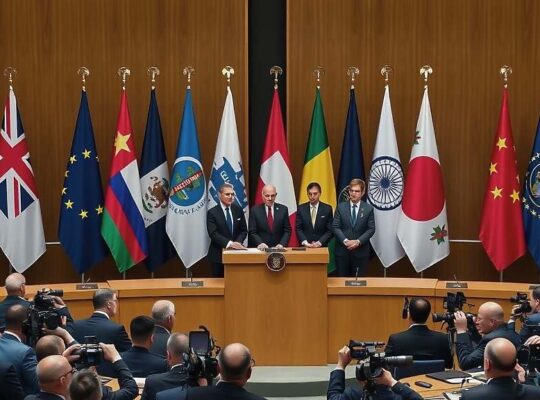The German government’s impending plan to reduce the cost of driver’s education is facing early scrutiny, with industry representatives pushing for a fundamental restructuring of the training process. Patrick Schnieder, Federal Minister for Transport, is expected to unveil the key components of the initiative, but the Federal Association of Driving Instructor Associations is already advocating for a more streamlined and rigorous curriculum.
Kurt Bartels, Vice-Chairman of the Association, argues that considerable savings can be achieved through a more compact training model. He proposes incorporating mandatory learning assessments and reinforcing the didactic aspects of instruction to enhance student engagement and retention. Bartels contends the escalating number of driving lessons has become the primary cost driver, exacerbated by factors like increased traffic density and a perceived decline in traffic awareness among young people, possibly linked to widespread smartphone usage.
The cost of obtaining a driver’s license currently averages around €3,000, a figure that has spurred debate regarding affordability and accessibility. While Bartels dismissed figures exceeding €4,000 as “distorted” and unsuitable for political discussion, the high price point remains a significant barrier for many young Germans.
A key area of concern highlighted by Bartels is the sheer volume of questions comprising the theoretical examination. The current pool of over 1,200 questions for a Class B driver’s license is seen as excessive. He suggests a streamlining of the theoretical component, emphasizing a need to reduce its scope without diminishing the exam’s integrity, a move he believes would positively impact learner motivation.
The industry’s suggestions signal a potential clash with the government’s approach, raising questions about the balance between cost reduction strategies and ensuring driver safety and competence. The debate underscores a deeper political tension: how to make driving education more accessible without compromising its quality and the perceived value of a German driver’s license.












